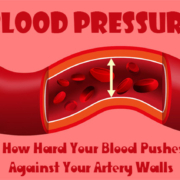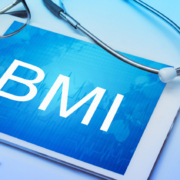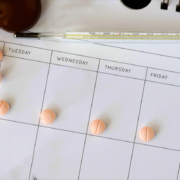How Coffee Relates to CVD
Researchers in Germany used a unique approach in the Hamburg City Health Study: they selected the first 10,000 volunteers. Volunteers who didn’t drink coffee were eliminated from the study, so they ended up with 9,009 subjects.
The researchers collected dietary data along with a variety of other demographic and physiological variables, integrating lifestyle-related behavior, comorbidities, biomarkers, electrocardiographic and echocardiographic data, and finally major cardiovascular diseases (CVDs). They divided up the subjects by coffee intake: low = less than three cups a day, medium = three or four cups per day, and high = more than four cups of coffee per day.
Results
This epidemiological cross-sectional study resulted in the following:
- High coffee consumption correlated with slightly higher LDL cholesterol
- Moderate and high coffee consumption correlated with lower systolic blood pressure and lower diastolic blood pressure
- Different levels of coffee intake didn’t impact heart rhythms or function
- Most important, coffee intake did not impact the presence of CVD nor prior cardiac events such as heart attacks and heart failure
Were the results of coffee and LDL cholesterol concerning? No—the difference was just five mg/dl, well within measurement error.
Is Coffee Safe to Drink?
Coffee was always safe to drink; the question was how our bodies responded to consuming it. Neither of these studies was perfect, but they show that even high coffee consumers, including myself, may not be at any significant risk for promoting or advancing CVD or cardiovascular events.
I think for most people coffee and caffeine are closely linked. What most of us don’t realize is that coffee is a complex liquid consisting of more than 1,000 bioactive substances, including phytochemicals that have proven beneficial for many organ systems; it’s not only a nervous system stimulant because of the caffeine content.
The Bottom Line
When it comes to coffee, I think it’s person-specific. Taste aside, some people may process caffeine differently, which may impact how much coffee someone could enjoy. These studies add to a body of work which shows that coffee is safe for the heart and other organs; other benefits or issues require further study. For me, time for another mug of Sumatra Roast.
What are you prepared to do today?
Dr. Chet
Reference: https://www.nature.com/articles/s41598-023-31857-5









